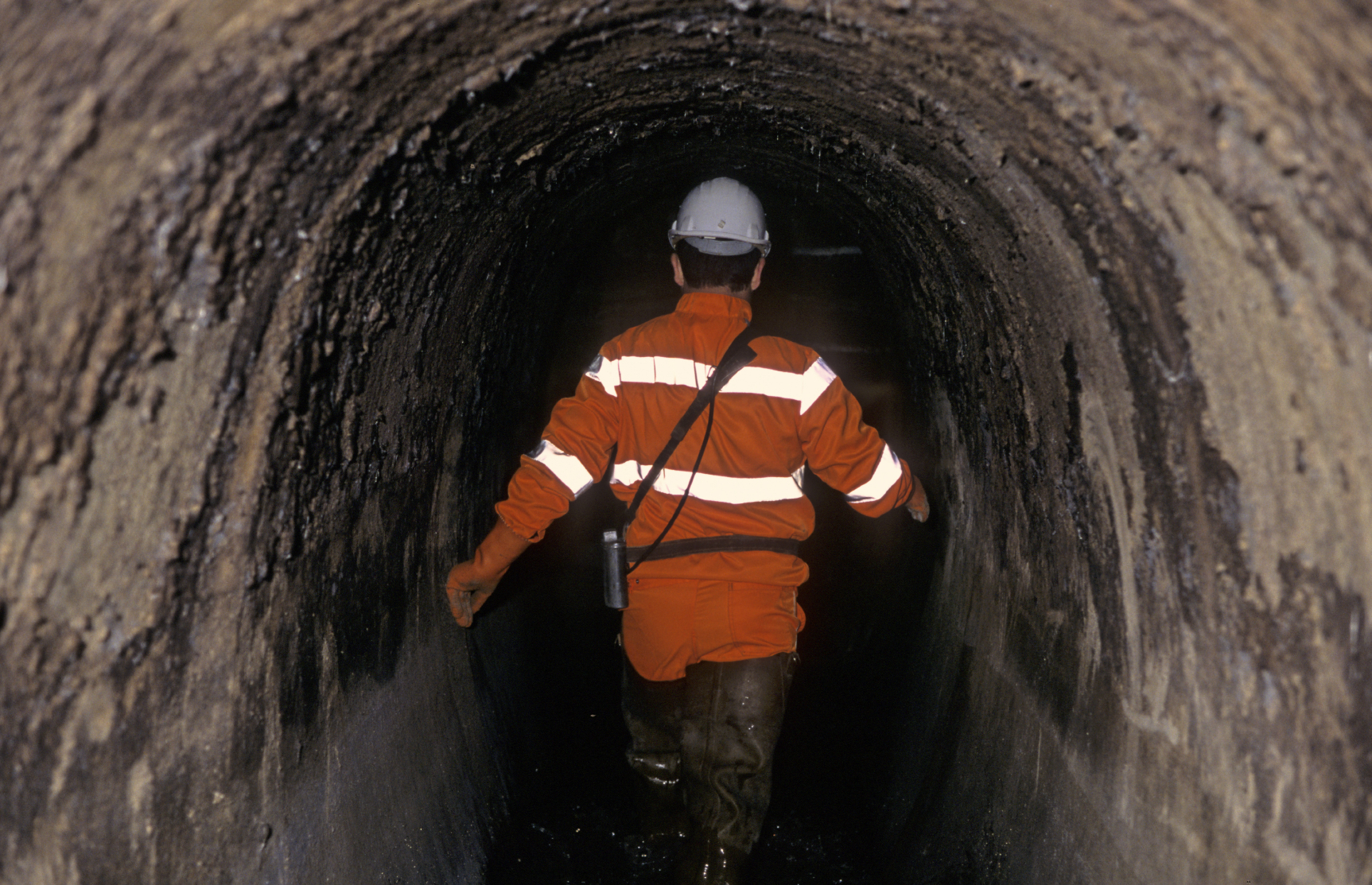Let’s ‘beat the block’ by stopping to think about what we pour down the sink

LET’S all stop and think about what we pour down the sink.
That’s the message from the Consumer Council for Water (CCWater) which is offering consumers some top tips to ‘beat the block’ and reduce the risk of their drain or a sewer pipe getting clogged up.
Prosthetic limbs, mini motorbikes, slippers, tennis balls and false teeth were among the strangest items fished from the sewers as water companies across England and Wales spent about £70 million clearing more than 300,000 blockages during 2013/141.
But the biggest pain in the drain comes from fats, oils and greases being poured down the sink and items like wet wipes, tissues and nappies being flushed down the loo.
Steve Grebby, policy manager at CCWater, said:
Seeing your home flooded as a result of a blocked sewer or drain can be devastating.
But the good news is we can all play a part in reducing the risk of this happening by thinking more carefully about what we pour down the sink or flush down the toilet.
Over two thirds of sewer blockages are caused by inappropriate items and substances finding their way down the sink or toilet.
The build up of these can cause giant ‘fatbergs’ and other blockages which can have a devastating impact, including thousands of homes being flooded with sewage every year.
In the end it is customers who have to pay for clearing these blockages through their water and sewerage bills.
According to CCWater research less than half of water customers know what they can safely put down the sink, loo or drain.
We are asking customers to remember these top tips:
- ONLY FLUSH – pee, poo and toilet paper down your loo.
- DON’T FLUSH – other items including wet wipes or nappy wipes; nappies and pads; cotton buds; tissues; plastic bags and wrappers; sanitary towels; plasters and chewing gum. Bag them and bin them instead.
- DON’T POUR – cooking fats, oils and greases down the sink or drain. Instead KEEP A FAT TRAP or container in the kitchen to collect waste fats, oils and grease. Many water companies will provide you with a free fat trap.
- DO ALLOW – small amounts of fats, oils and grease to cool and scrape them into a container or newspaper before binning them


